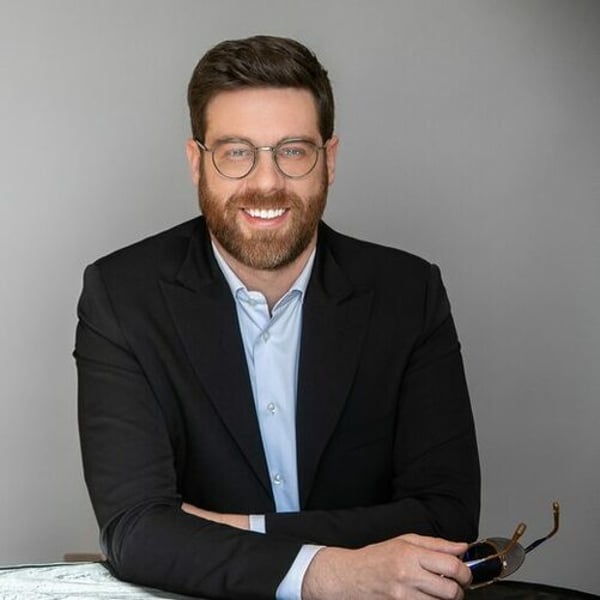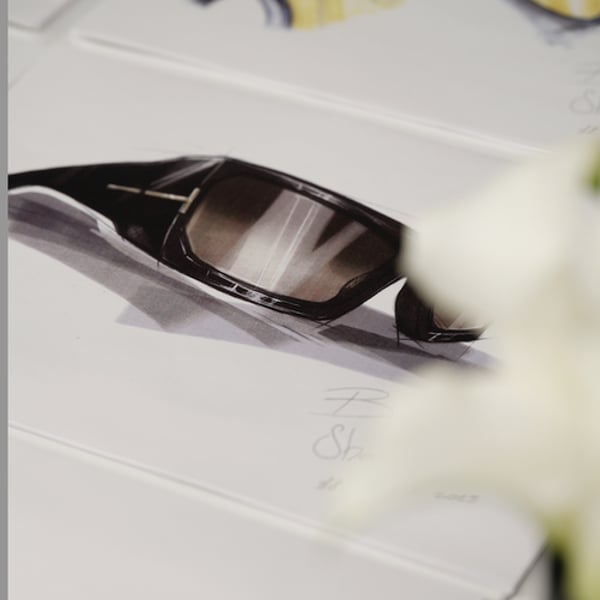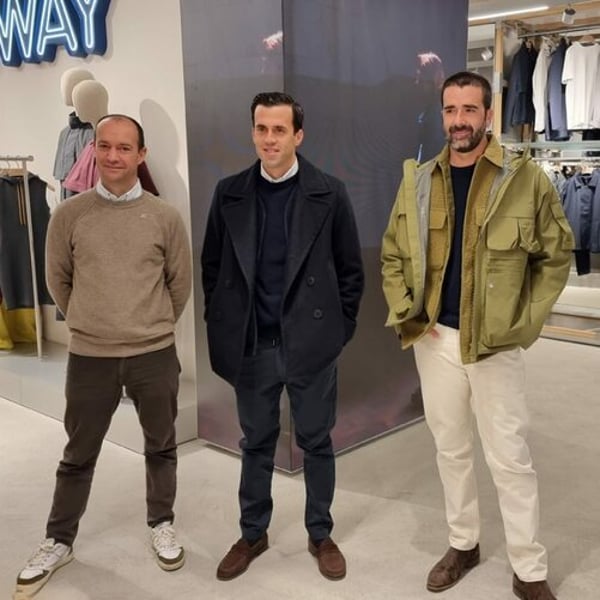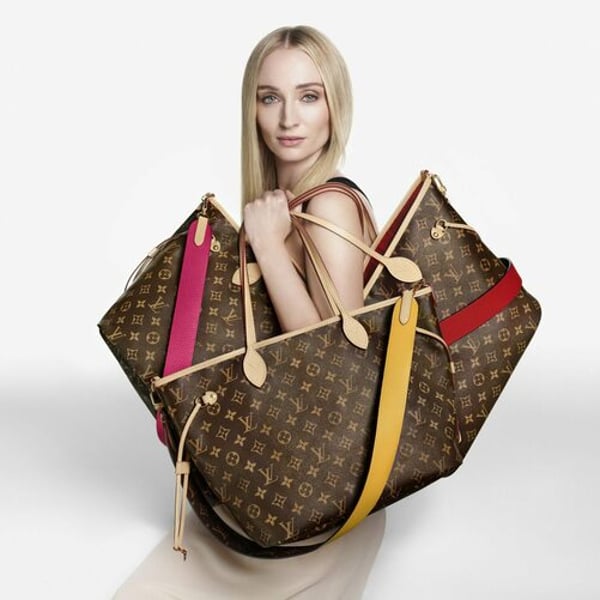Translated by
Nazia BIBI KEENOO
Published
July 15, 2025
Since gaining full ownership of Thélios in 2021, LVMH has accelerated the growth of its eyewear division. Today, Thélios manages eyewear collections for 13 brands—including 11 from the LVMH portfolio such as Dior, Fendi, Celine, Givenchy, Loewe, Stella McCartney, Kenzo, Berluti, Bulgari, TAG Heuer and Fred—alongside newly acquired Vuarnet and Barton Perreira. The company recently doubled its production capacity with a new 20,000-square-meter facility dedicated to metal frames in Longarone, Veneto, where its original site is also located. In this interview, CEO Alessandro Zanardo shares insight into the evolving US market, the potential impact of tariffs, and Thélios’ latest strategic priorities.

FashionNetwork.com: How are you approaching the topic of US tariffs?
Alessandro Zanardo: With caution and composure. We’re avoiding any knee-jerk reactions because the situation remains unclear. Our priority is not to implement changes that might alienate consumers. Of course, tariffs have a real impact—we can’t ignore that. The risk lies in passing those costs directly onto consumers through higher prices, which could be dangerous in an already fragile market. Some of the increased costs are reflected in our pricing, but certainly not all. It’s a matter of balance, not panic.
FNW: What’s the current landscape in the US market?
AZ: Setting tariffs aside, the US sell-out performance—that is, end-consumer sales—hasn’t been particularly strong. But it’s not alarming either. What stands out more is the overall unease and hesitation felt by both retailers and consumers due to the uncertainty surrounding the situation. That said, having worked extensively in the US, I am aware of how quickly the market can recover. Unlike Europe, which tends to respond more gradually to external pressures, the US is capable of sharp, positive shifts in a short time.
FNW: How important is the US to Thélios?
AZ: The US accounts for around 20% of our total sales, making it our single largest national market. However, Europe remains our top region overall, accounting for over 40% of sales, followed by Asia.
FNW: What’s your outlook for global market conditions?
AZ: The market is undeniably volatile. The situation in South Korea, for instance, came to a sudden halt after the president’s impeachment in December. That’s just how things are today—we’re no longer operating in the stable environment of past decades. So the key is agility: being able to adapt quickly and respond to both risks and opportunities.
FNW: Thélios acquired Vuarnet at the end of 2023. How is the integration progressing?
AZ: We’re beginning by reinforcing Vuarnet’s presence in France and Italy—two of our most strategic markets—before scaling the brand internationally. Distribution remains primarily wholesale, complemented by three standalone boutiques: in Paris, Megève, and New York. We’re currently relocating the New York store to a larger, more visible location in SoHo, set to open this September.
FNW: You also oversee TAG Heuer and Bulgari eyewear. How are those brands evolving?
AZ: With TAG Heuer, we’re putting a strong focus on optical frames, aligning with the brand’s technical DNA. For Bulgari, it wasn’t just a relaunch—it was a full repositioning. The brand was already present in eyewear, but we’ve redefined its direction: enhancing quality, elevating finishes, connecting more deeply with the world of jewelry, and adjusting the pricing strategy to target a different consumer than before.
FNW: What’s your take on the smart glasses trend?
AZ: I find them fascinating—perhaps more so as a consumer and eyewear enthusiast than as a CEO. Smart glasses highlight how dynamic and unexplored the eyewear space still is. Naturally, we’re keeping a close watch. They’re capturing a share of the market, but it’s too early to say whether that’s additive or cannibalizing. We’d only consider entering this space if we believe luxury eyewear and smart technology can truly coexist. For us, luxury eyewear is defined by creativity and product craftsmanship—not tech alone.
FNW: How is the broader eyewear market performing?
AZ: While some regions are experiencing headwinds, others are performing well. Italy remains solid, and France is holding steady. We’re seeing early signs of recovery in Germany after two tough years. The Middle East had been very strong until recently, though we’re seeing some softening that may be temporary. With such a broad brand and market portfolio, the advantage lies in balancing out weaker zones with stronger ones.
Copyright © 2025 FashionNetwork.com All rights reserved.







